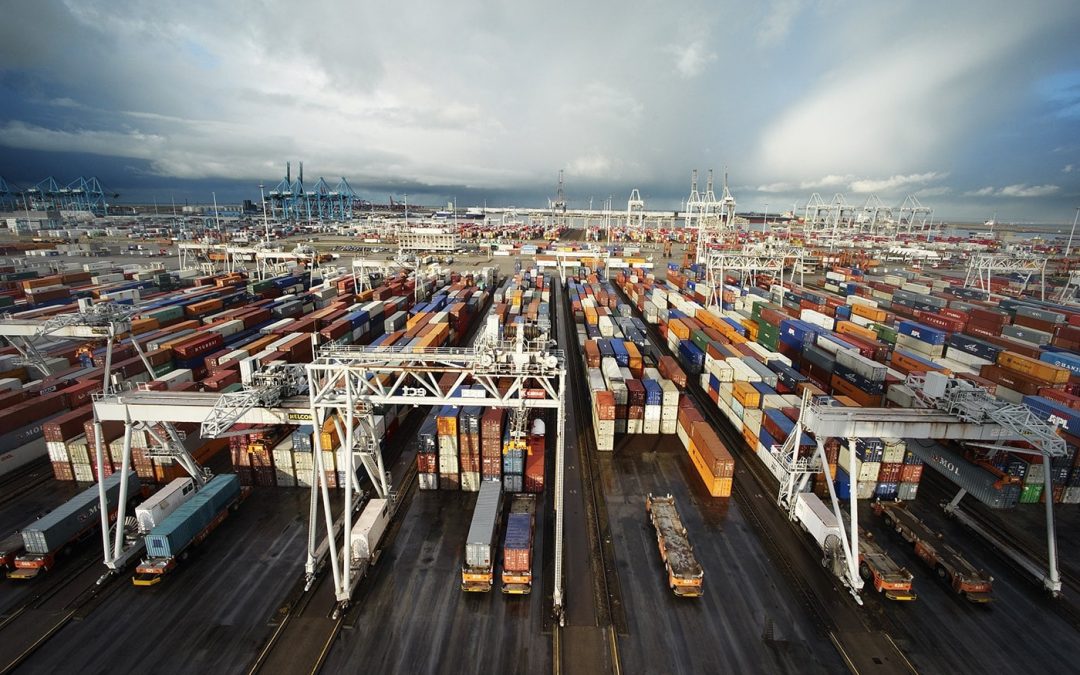Rotterdam World Gateway (RWG) container terminal has decided to equip its entire quayside with shore-based power for all vessels. The RWG terminal is already fully automated and CO2 neutral. Construction of shore-based power facilities means that the ships will also no longer emit particulates, nitrogen and CO2 when at berth. Moreover, these facilities will also reduce noise pollution.
The first berths are expected to be equipped with shore-based power from 2026 onwards. And that puts RWG ahead of European regulation, which stipulates that all container, passenger and cruise ships larger than 5,000 gross tonnes in European ports must use shore-based power by 2030.
RWG is opting to design, finance and build the shore-based power systems itself. This represents a further fulfilment of RWG’s ambition to operate fully CO2 neutral. The Port of Rotterdam Authority and RWG have signed a letter of intent that includes agreements to share knowledge and data concerning the construction and use of shore-based power and the necessary civil-engineering works to quay walls and fenders that this requires.
Boudewijn Siemons, CEO & Interim COO of the Port of Rotterdam Authority: ‘We are very pleased with RWG’s decision to invest as the first European deep-sea terminal operator in shore-based power. Shore-based power is an important and necessary aspect of the energy transition. Ships ‘plugged in’ when berthed ensure better air quality and a reduction in noise pollution. This represents a further contribution to greater sustainability of the supply chain that runs through Rotterdam for the clients we share in common.’
Ronald Lugthart, CEO of RWG: ‘The investment in shore-based power is a crucial part of RWG’s investment programme, the aim of zero-emission storage and handling of containers. Together with our clients and other stakeholders, we are creating possibilities to achieve this strategic goal in the near term using shore-based power and other facilities to support the energy transition.’
Robert Simons, Alderman for Port, Economy, Hospitality and Governance at the municipality of Rotterdam: ‘At the municipality of Rotterdam we are truly delighted with RWG’s investment in shore-based power. Shore-based power not only contributes to better air quality, but also reduces noise pollution. This development represents yet another a major step forward for Rotterdam in realising a more sustainable and future-proof port.’
The municipality of Rotterdam and the Port of Rotterdam Authority are working together to accelerate and scale up shore-based power for sea-going vessels. The aim is that by 2030 a large percentage of seagoing vessels will be ‘plugged in’ when at berth. Diesel generators can then be switched off, which is favourable for air quality and CO2 emissions. Together with enterprises in the port, as well as the shipping companies, a series of projects will be initiated over the coming years to accelerate and expand shore-based power.
Source: Hellenic Shipping News





